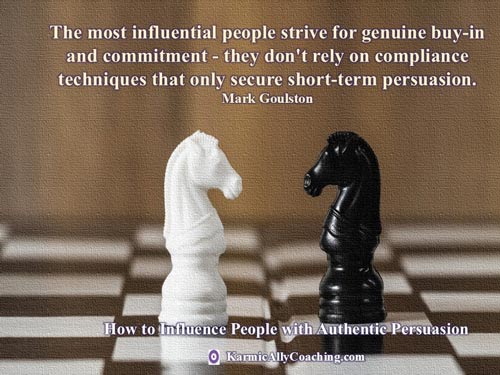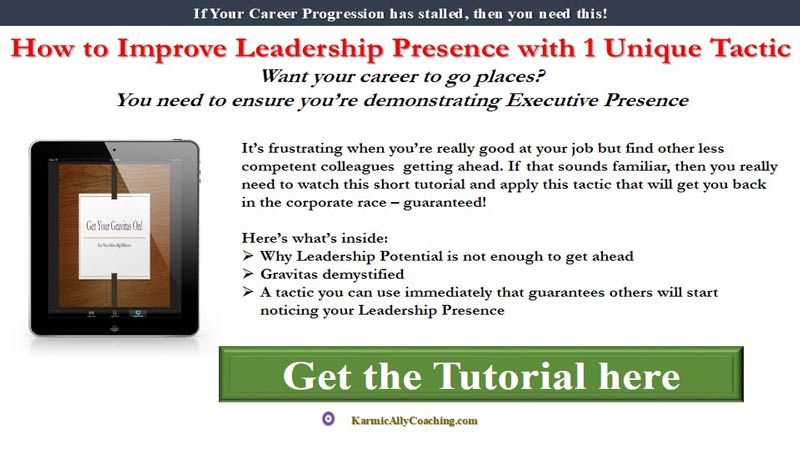
Did you know several research studies have found that touching is influential and persuasive?
In other words, when you touch other people, they are more likely to agree to your request.
When I wrote about how my furry pet Miss Coco is an effective communicator, I forgot to mention she also uses her left paw to touch me to get her message across.
Tactile pet apart, I got interested in this touchy-feely tactic to persuade when I saw it in action recently at a furniture shop.
The Mission Sofa Shopping Story
I’d taken my mother to a special mall that specializes only in furniture and household goods. As soon as we entered, we were met by a smiling furniture salesman at the very first shop.
He was good at his job. We finalized a new custom made 5-seater set within 90 minutes including a 10% cash down payment.
What attracted my attention was his gently looking into my Mom’s eyes. During the first 10-15 minutes of the conversation, he had lightly touched her arm at least twice.
Considering we don’t buy heavy duty furniture every day, I got curious about whether the touch had in any way influenced or persuaded my Mom to make an expensive customized purchase from that shop without bothering to shop around?
I found the answer in an article in Psychology Today by Jeremy Nicholson M.S.W., Ph.D. where he shares evidence of how touch can influence and persuade people to do what we ask or follow us.
The example that caught my eye was a 1991 study by Hornik who organized student experimenters to randomly touch shoppers as they entered a bookstore (a light touch on the upper arm).
Shoppers who were touched browsed longer in the store, did more shopping, and had a higher overall evaluation of the store!
Touch is definitely more persuasive, but it isn’t the only thing that can influence others.
Persuasion is a multi-purpose skill
Influence is a trending topic and everybody either wants to be an influencer or hob nob with influencers. You’ll find numerous webinars and courses on influencer marketing but in reality, according to Wikipedia, Persuasion is an umbrella term of influence.
Persuasion can attempt to influence a person’s beliefs, attitudes, intentions, motivations, or behaviors.
In business, persuasion is a process aimed at changing a person’s (or a group’s) attitude or behaviour toward some event, idea, object, or other person(s), by using written, spoken words or visual tools to convey information, feelings, or reasoning, or a combination thereof.
Professionals who exude Gravitas and demonstrate Executive Presence are good at influencing and persuading others. Here’s a great tool you can use to achieve your goals – use your Signature Voice!
Persuasion is also an often-used tool in the pursuit of personal gain, such as election campaigning (remember all the handshaking politicians do?), giving a sales pitch, or in trial advocacy.
Persuasion can also be interpreted as using one’s personal or positional resources to change people’s behaviors or attitudes and is useful for problem-solving.
Systematic persuasion is the process through which attitudes or beliefs are leveraged by appeals to logic and reason.
Heuristic persuasion on the other hand is the process through which attitudes or beliefs are leveraged by appeals to habit or emotion.

What Persuasive People do differently for Success
Everyone can be persuasive but there are some people who are more persuasive than others.
What gives them this ability?
When you look at leaders, whether in the corporate or international political arena, you’ll notice it’s their charisma, strong communication skills and self-confidence.
But this is just part of the persuasion formula.
The truth is that persuasion requires all of these skills and many others. With practice, you can become more persuasive and learn to get your message across in the most effective way possible.
You don’t have to be a leader to be considered one. All you need to do is learn to be persuasive with authenticity and integrity.

Let’s a take a look at the five things persuasive people do:
They Listen
A good persuader will always try to determine what the other person is looking for and that requires active listening.
It’s important to know what your audience needs and wants so you can tailor your message accordingly and make suggestions that will fulfill your audience’s needs.
Let’s return to the furniture shop salesman for a moment. He definitely listened to my mom.
The bulk of time was spent understanding her specific needs in the new sofa set and recommending the design and fabric that would meet her requirements.
Lesson? The better you know your audience, the more likely you are to persuade them to take action.
They Have a Purpose
Persuasive people are fully aware of their power over others. Therefore, they know how to use it to get what they want.
Unless you have a clear goal in mind, don’t try to convince people to do this or that just for the sake of it. Establish your objectives and then adjust your message for the target audience.
One of the best examples of this I can think of are the telemarketers. Their sole purpose is to get people watching television to get on the phone and place orders for products that they might not even need!
They Connect
As you’ve seen earlier, knowing what your audience wants is crucial. One way to do that is to connect with the people you’re looking to persuade.
Take the time to talk with them and listen to their needs. Give them a reason to trust you. Be genuine and open.
Show that you care about their concerns and help them whenever possible.
Our salesman had seen my Mom’s walking stick and immediately made recommendations on the height of the seats. He even asked her to try some of the sample furniture to see which height was best for her knees.
They Exude Confidence
Persuasive people exude confidence. Sure, they may not feel confident all the time, but they have learned to hide their insecurities.
According to research, people prefer advice from a confident source. They are more likely to do what you want if they sense that you truly believe what you’re saying.
They Are Clear and Concise
Good persuaders possess strong communication skills and know how to make themselves heard without overwhelming the audience. They are clear and concise rather than talking for hours.
As Juliet Erickson points out in her book, The Art of Persuasion: How to Influence People and Get What You Want, being able to communicate in the way we want in order to achieve our goals is our biggest challenge and provides the greatest opportunity for success.
Persuasive communication is not the only skill that will help us achieve our goal. But it is definitely a major contributing factor for successful goal achievement.
But before you try to persuade someone, make sure you know your subject inside out. This way, you’ll find it easier to explain it to someone who doesn’t understand.
These are just a few of the things that persuasive people do.
They’re also consistent and patient, leave a strong first impression, and use body language wisely. They are masters at reading and responding to other people.
Learn these skills yourself so you can become more persuasive in your career and personal life.
After all, if my furry friend Miss Coco and the furniture salesman can achieve their goals with panache, what’s stopping you?





 I adhere to the Certified Coaches Alliance Code of Ethics and Standards. A copy is available on request.
I adhere to the Certified Coaches Alliance Code of Ethics and Standards. A copy is available on request.
 Let's Talk through the Connect Form:
Let's Talk through the Connect Form: